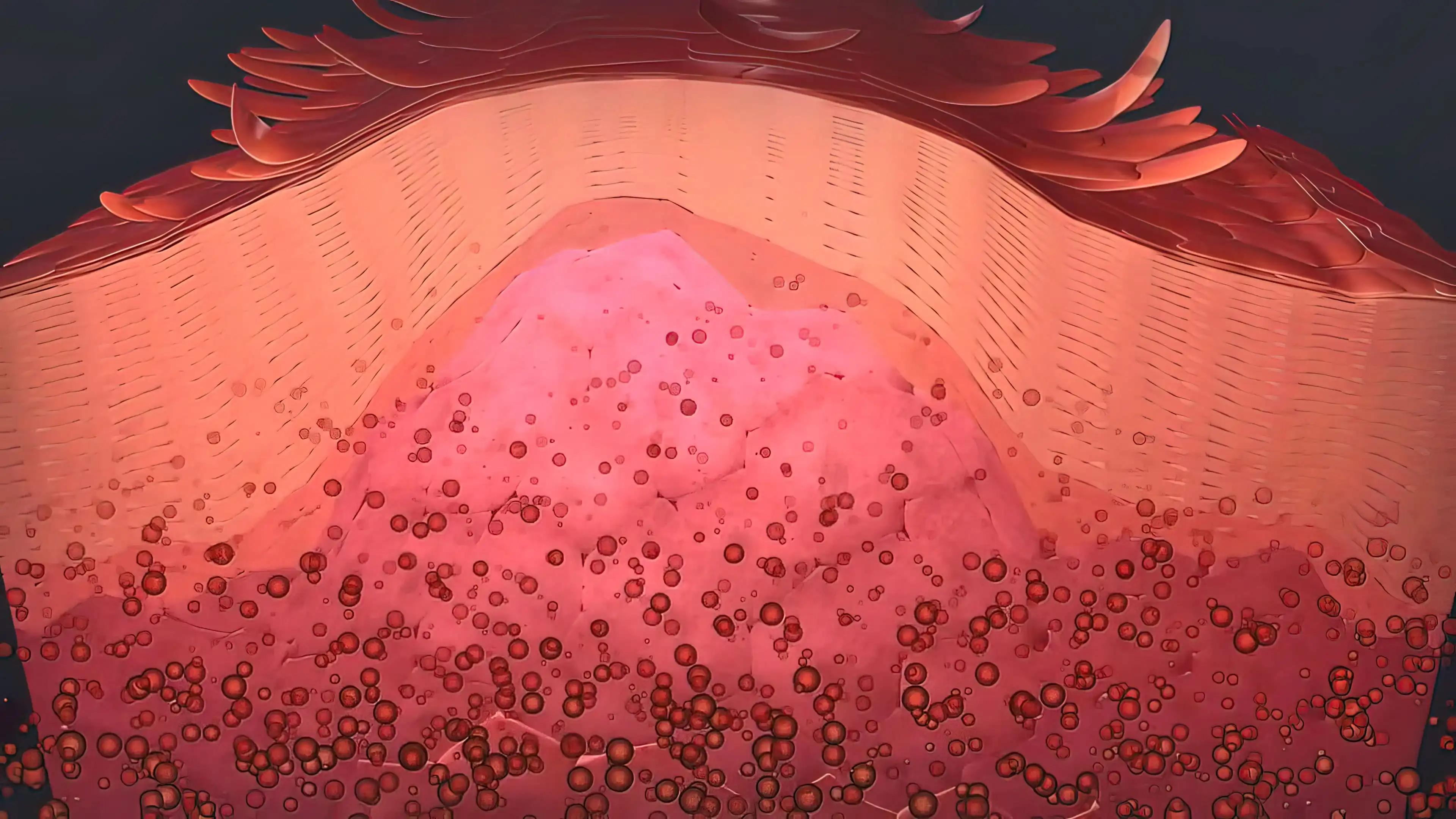KEY TAKEAWAYS
- The study aimed to enhance diagnostic accuracy in multiclass skin cancer using EfficientNet with tailored preprocessing.
- The results revealed EfficientNet-B7’s top accuracy and efficiency, underscoring its potential for precise dermatological image analysis.
Diagnosing skin cancer poses challenges for dermatologists due to its complex visual variations across different diagnostic categories. Convolutional neural networks (CNNs), particularly the EfficientNet B0-B7 series, have demonstrated superior performance in multiclass skin cancer classification.
Kanchana K and the team aimed to tackle the limitations of visual examination by introducing a customized preprocessing pipeline for EfficientNet models. Utilizing transfer learning with pre-trained ImageNet weights, the research seeks to improve diagnostic accuracy in an imbalanced multiclass classification scenario.
The study develops a specialized image preprocessing pipeline that includes image scaling, dataset augmentation, and artifact removal tailored for EfficientNet models. Using the EfficientNet B0-B7 series, researchers fine-tune CNNs with pre-trained ImageNet weights through transfer learning. They rigorously evaluate the performance of each EfficientNet variant in classifying diverse skin cancer categories using key metrics such as precision, recall, accuracy, F1 score, and confusion matrices.
The results revealed the effectiveness of the tailored preprocessing pipeline for EfficientNet models. Transfer learning and fine-tuning significantly enhanced the models’ ability to discern diverse skin cancer categories. Evaluation of the eight EfficientNet models (B0-B7) showed distinct performance patterns across various cancer classes. The majority class, Benign Keratosis, achieved high accuracy (>87%), while challenges were noted in accurately classifying eczema.
Melanoma, despite its minority representation (2.42% of images), attained an average accuracy of 80.51% across all models. However, suboptimal performance was observed in predicting instances of warts molluscum (90.7%) and psoriasis (84.2%), highlighting the need for targeted improvements in identifying specific skin cancer types.
The study concluded that utilizing EfficientNets B0-B7 with transfer learning from ImageNet weights yielded remarkable results in skin cancer classification. EfficientNet-B7 demonstrated peak performance, achieving a groundbreaking top-1 accuracy of 84.4% and top-5 accuracy of 97.1%.
Notably, it was found to be 8.4 times smaller than the leading CNN. Detailed per-class classification assessments through Confusion Matrices further validated its proficiency, indicating the promising potential of EfficientNets for precise dermatological image analysis.
No funding information was available.
Source: https://pubmed.ncbi.nlm.nih.gov/38809652/
K K, S K, K J A, et al. (2024). “Enhancing Skin Cancer Classification using Efficient Net B0-B7 through Convolutional Neural Networks and Transfer Learning with Patient-Specific Data.” Asian Pac J Cancer Prev. 2024 May 1;25(5):1795-1802. doi: 10.31557/APJCP.2024.25.5.1795. PMID: 38809652



